Even though many charitable organizations and non-profits might be known for being tax-exempt, they still have an obligation to file an annual information return with the IRS. When it comes to these types of organizations and tax services, Hudson residents should know that they are probably going to have to file an IRS form 990, unless they are a church affiliated organization or some type of governmental organization. Since 2010 however, tax-exempt organizations have been required to annually report all of their unrelated business income. Tax services for charities and non-profits are something that is offered by tax professionals because it can often be just as confusing when compared to business tax filings.
The IRS 990 Form
Most tax-exempt organizations have to file a 990 tax form in order for others to know exactly what they did with the money that they took in. Keep in mind though that many non-profits do not have a gross amount of more than $50,000. This is important as it can help determine what version of the 990 form should be filed as a part of their tax services. Hudson non-profit operators should know that if they have gross receipts more than $50,000, they are going to have to file a form 990 or a form 990-EZ. If not, then a tax-exempt organization should file a 990-N form or a 990-PF.
What Happens to Organization that do not File with the IRS?
Many non-profit organizations might be under the impression that they do not need to report their gross receipts if it is not a large amount, but this could not be further from the truth. All non-profits and Charities should file a 990 form because if they do not, they may have their tax exemption status revoked. This is why every non-profit organization should consider dedicated tax services. Hudson non-profit owners should understand that there is no appeal process for revocation of tax exemption status, and it should be of the utter most importance that these organizations makes an effort to report an annual report to the IRS.
*Disclaimer: The views expressed here are those of the authors and do not necessarily represent or reflect the views of Suncoast CPA Group*
